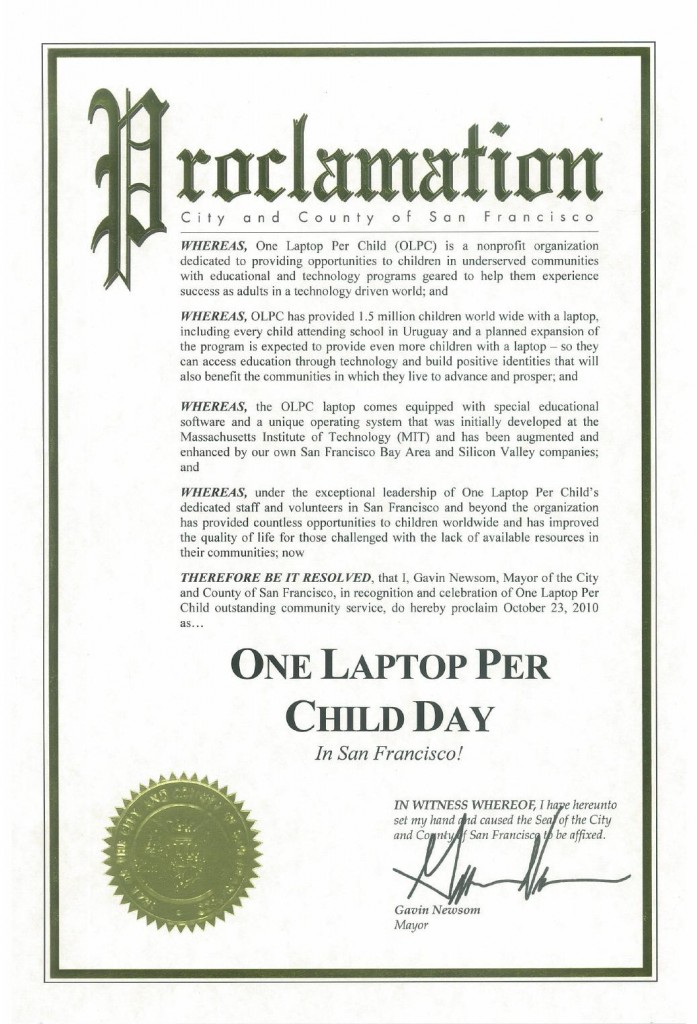By Walter Bender
Sugar Labs is applying to Google Code-in (GCI), “a contest for
pre-university students (e.g., high school and secondary school
students) with the goal of encouraging young people to participate in
open source.”
Why we are applying? Sugar is written and maintained by volunteers,
who range from seasoned professionals to children as young as 12-years
of age. Children who have grown up with Sugar have transitioned from
Sugar users to Sugar App developers to Sugar maintainers. They hang
out on IRC with the global Sugar developer community and are
full-fledged members of the Sugar development team. It is this latter
group of children we hope will participate in and benefit from Google
Code-in. Specifically we want to re-enforce the message that Sugar
belongs to its users and that they have both ownership and the
responsibility that ownership implies. Just as learning is not
something done to you, but something you do, learning with Sugar
ultimately means participating in the Sugar development process. At
Sugar Labs, we are trying to bring the culture of Free Software into
the culture of school. So the Code-in is not just an opportunity for
us to get some tasks accomplished, it is quintessential to our overall
mission.
Learn more about GCIÂ and the Sugar Labs GCI effort.
Agustin Zubiaga Sanchez noted that last week we passed the
threshold of more than eight million activities downloaded from the
Sugar Labs activity portal. I echo his sentiment that “I’m very
glad to be a sugarlabs developer. Congratulations to all the team :)”
In the community
Last weekend was the OLPC SF summit in San Francisco, which was
followed by a three-day Sugar Camp. Although I missed opening day, Day
Two was quite interesting in that there was a lot of good discussion
about how to sustain and grow the various volunteer-run OLPC/Sugar
deployments. At Sugar Camp, although not much code was written, there
was an opportunity to get tangible and actionable feedback from the
likes of Mark Bradley (we pushed hard on Turtle Art as a multimedia
toolkit). I also had the opportunity to catch up with Raul Gutierrez
Segales, Ivan Krstić, and others.
 Tech Talk
The little coding I did do in San Francisco was in support of
migrating more activities to touch. Specifically, I worked on
integrating the on-screen keyboard into several of my activities:
Portfolio and Turtle Blocks. The challenge was that I was using
key-press events directly, rather than accessing them through a GTK
widget such as a Entry or TextView. With help from Raul, I managed to
get things working pretty well: basically, I just drop a TextView
widget under the cursor where I expect keyboard input. The details are
outlined here. I’m generally pleased with the results, but there
is a bit of fine-tuning of the interaction, e.g, you need to defocus
the TextView in order to dismiss it: not such a burden, but at times,
somewhat awkward.
Ignacio Rodriguez has been on a tear, helping me to migrate
activities to GTK 3. Over the past week, we converted: Card Sort,
Cookie Search, Color Deducto, Deducto, Flip, Fraction Bounce, Loco
Sugar, Napier’s Bones, Nutrition, Paths, Pukllananpac, Recall,
Reflection, GNUChess, Sliderule, Story, Yupana, and XO Editor. I also
worked with Agustin Zubiaga on Portfolio, Flavio Denesse on Ruler, and
Daniel Francis on Turtle Blocks. Whew.


